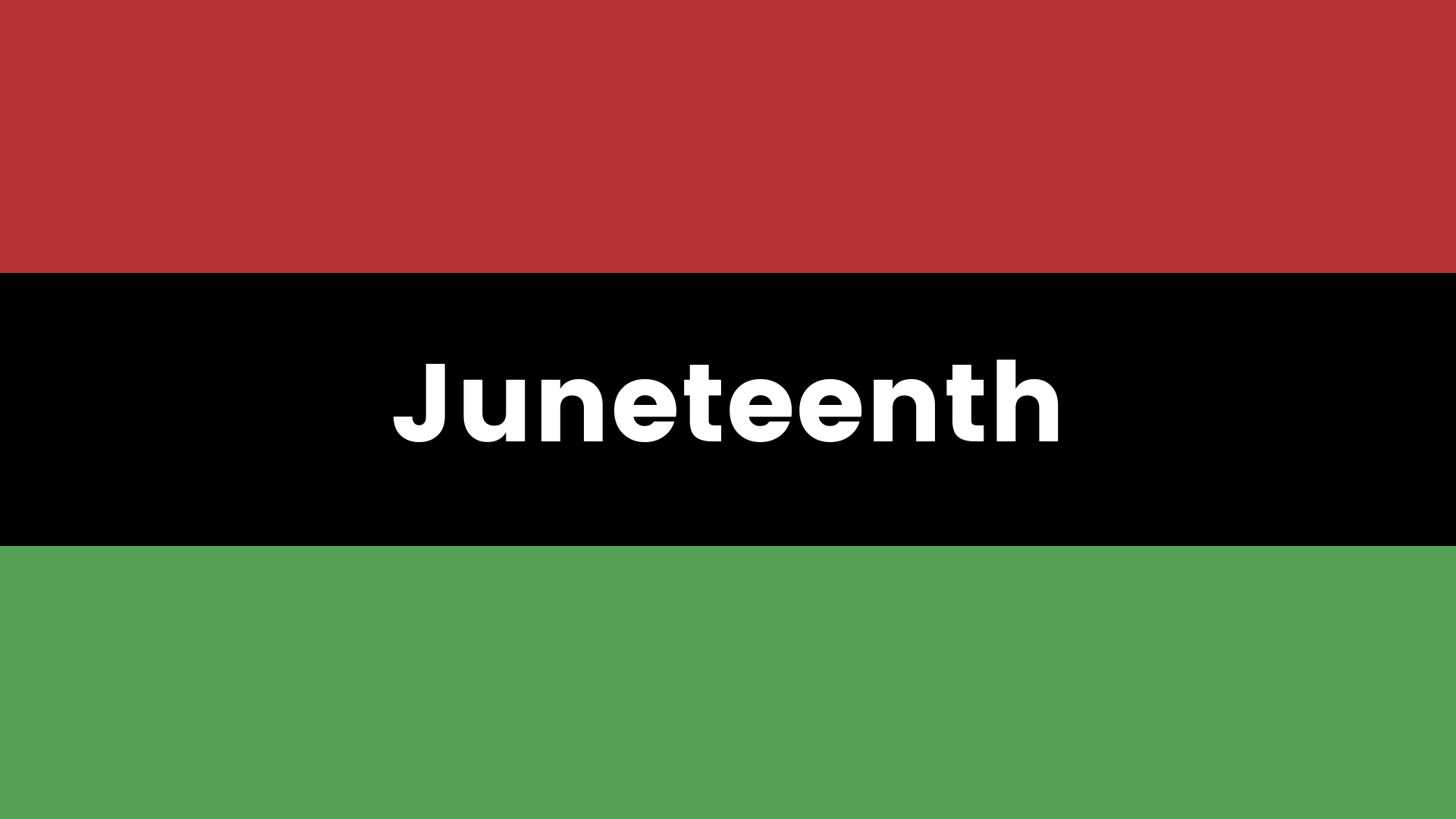Congress voted Wednesday to make Juneteenth, or June 19th, the 12th federal holiday. On June 17th, the bill was signed into law by President Joe Biden. This is significant: As Ella F. Washington and Jasmine Sanders note in the HBR article below:
“Juneteenth is not just Black history, it is American history. Over the past year, in the wake of countrywide Black Lives Matter protests, many U.S. organizations have taken to acknowledging Juneteenth, or June 19, the anniversary of the day in 1865 when the last group of enslaved Black Americans were freed by Union troops. Some have offered a paid company holiday for all employees; others, an extra floating holiday to use on Juneteenth or another day, an event to celebrate Juneteenth with Black ERG groups, or learning sessions for all staff.For DEI scholars and practitioners, it’s heartening to see this recognition and high energy around a historic moment previously only recognized by those in the minority. However, many Black and other POC employees are rightfully asking, why now? We believe companies can approach Juneteenth in a way that significantly enhances their diversity, equity, and inclusion work. This anniversary is a tangible opportunity to amplify understanding of the unique experience of Black Americans and serve as a catalyst for conversations about intersectionality.”
Many of you were already planning Juneteenth observances, thank you. Juneteenth is important for many reasons, and creates space for recognition, conversation, repair, and growth nation-wide. These actions are particularly important for the political + tech space where inclusivity in our teams, our products, and our partnerships advance inclusive campaigning, organizing, data enhancement and messaging that directly impact policy, voting access, enfranchisement, access to justice, and more. HGL will also be closed in observance of Juneteenth tomorrow for a time of reflection, learning, and action. We would like to share some resources that you may find useful or may want to pass along to your staff. To support localizing the conversation to ways we can take specific action to advance inclusivity and Black leadership, we’ve shared recordings from the 2020 Election Debrief below. Please watch and share with your teams! Also, please feel free to add resources or thoughts to this thread.
Learning: Recordings from the 2020 Election Tech Debrief that spotlight phenomenal Black women leaders in our space discussing how to advance safety, inclusion, and equality in this space (and shortly after the Jan. 6 attack on the capitol):
WATCH: Dismantling anti-Blackness in Data and Technology
Join us to examine the current role of anti-Blackness and white supremacy in data and tool creation, as well as the work being done to dismantle these systems of harm. This panel will explore how we center anti-oppression principles and create a framework and praxis for accountability. It will also look at the ways that non-Black POC can show up in solidarity and take strides towards instrinsic co-liberation.
Speakers:
Jamecia Gray, Electoral Justice Project of the Movement for Black Lives
Shreya Singh, DART ops manager, Planned Parenthood Federation of America
Ari Trujillo-Wesler, Co-Founder, OpenField
Risa Brown, Board Member, The Movement Cooperative
WATCH: The Power of Black Women in the 2020 Election Cycle
Black women are the most consistent voting block in Democratic politics, and their contributions extend far beyond the ballot box. In 2020, Black women used influence and innovation to galvanize, organize, and mobilize for key wins in critical states. Today, we are here to celebrate those women’s ingenuity, creativity and power. (This conversation also touched on product inclusivity and post-Jan. 6 reflections.)
Speakers:
Arisha Hatch,Vice President/Chief of Campaigns, Color Of Change
Jonae Wartel, Runoff Director, Democratic Party of Georgia
Candace Valenzuela, Former Candidate, Panelist
Jara Butler, Training and Services Director, DLCC



